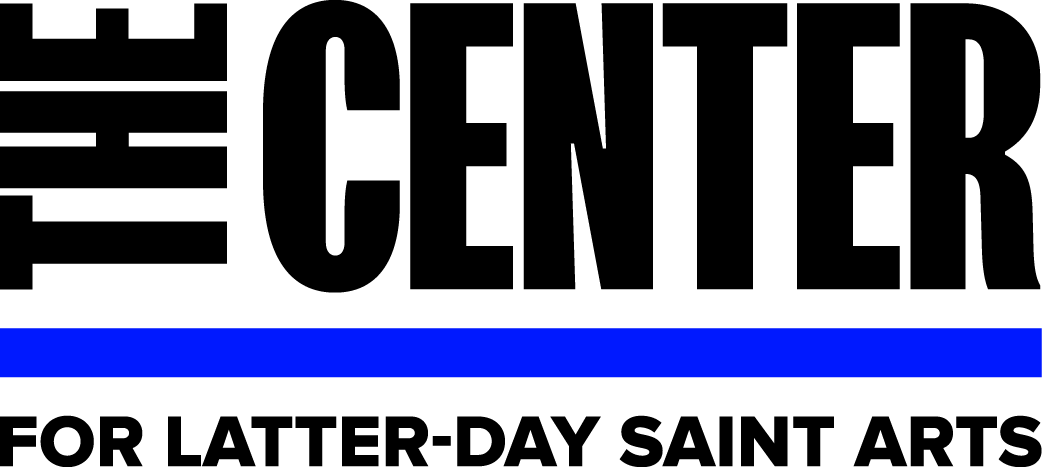July 15-21: Alma 30-31
The Virtue of the Word of God
What is prayer for? Alma’s condemnation of the Zoramites’ public prayers contrasts the experience that many of us have with prayer as private, devotional communication. Artists sometimes consider the creation of work as an extended dialogue with deity. The artist Kirsten Beitler writes, “Oftentimes the very process of painting becomes part of my worship. To me, Unveiled is a painted prayer acknowledging deity's ability to hold my pain, confusion, hurt, and even anger over experiences I've been through in my life and things I don't understand about the gospel. It is also a prayer of praise; a release from the bondage of shame facilitated by my brother Jesus, and gratitude to finally understand that I am seen and valued by my Heavenly Parents.”
Discussion Questions:
After Alma heard the prayers of the Zoramites on the Rameumptom, he was "astonished beyond all measure" (Alma 31:19). Not only were the Zoramites all saying the identical prayer, their prayers were filled with praise for themselves and elitism ["we believe that thou hast elected us to be thy holy children ... and thou has elected us that we shall be saved, whilst all around us are elected to be cast by thy wrath down to hell; ... we also thank thee that thou hast elected us ... and again, we thank thee, O God, that we are a chosen and a holy people" (Alma 31:16-18)]. How can we avoid this same apostate regard for ourselves while simultaneously believing that we belong to the "only true church"? See President Gordon B. Hinckley, "Excerpts from Recent Addresses of President Gordon B. Hinckley," Ensign, August 1998: “Let me say that we appreciate the truth in all churches and the good which they do. We say to the people, in effect, you bring with you all the good that you have, and then let us see if we can add to it. That is the spirit of this work. That is the essence of our missionary service” (meeting, Nairobi, Kenya, 17 Feb. 1998).
"[F]or it was strictly contrary to the commands of God that there should be a law which should bring men on to unequal grounds" (Alma 30:7). How did Jesus show us that all people should be treated equally? How can you follow Jesus when encountering those on "unequal grounds"?
Korihor professed a lack of belief in God and conditioned his change to belief upon a sign of His existence ["except ye show me a sign, I will not believe" (Alma 30:48)]. Do you ever demand a quid-pro-quo sign in your prayers? What unsolicited signs have you seen that have strengthened your testimony?
Questions for Youth & Children:
The people of Ammon had peace in their entire land when they were "strict" in obeying the commandments (Alma 30:2-3). How do you think peace and obedience are related?
Alma explained to Korihor that there is a God by saying that "all things [are] as a testimony" that God exists (Alma 30:41). What things have you seen that help you to know that God exists? (See Alma 30:44).
When Alma saw the Zoramites in their synagogues, they prayed one day a week, and then they didn't speak of God again all week (Alma 31: 23). Why was this a sign of wickedness?

